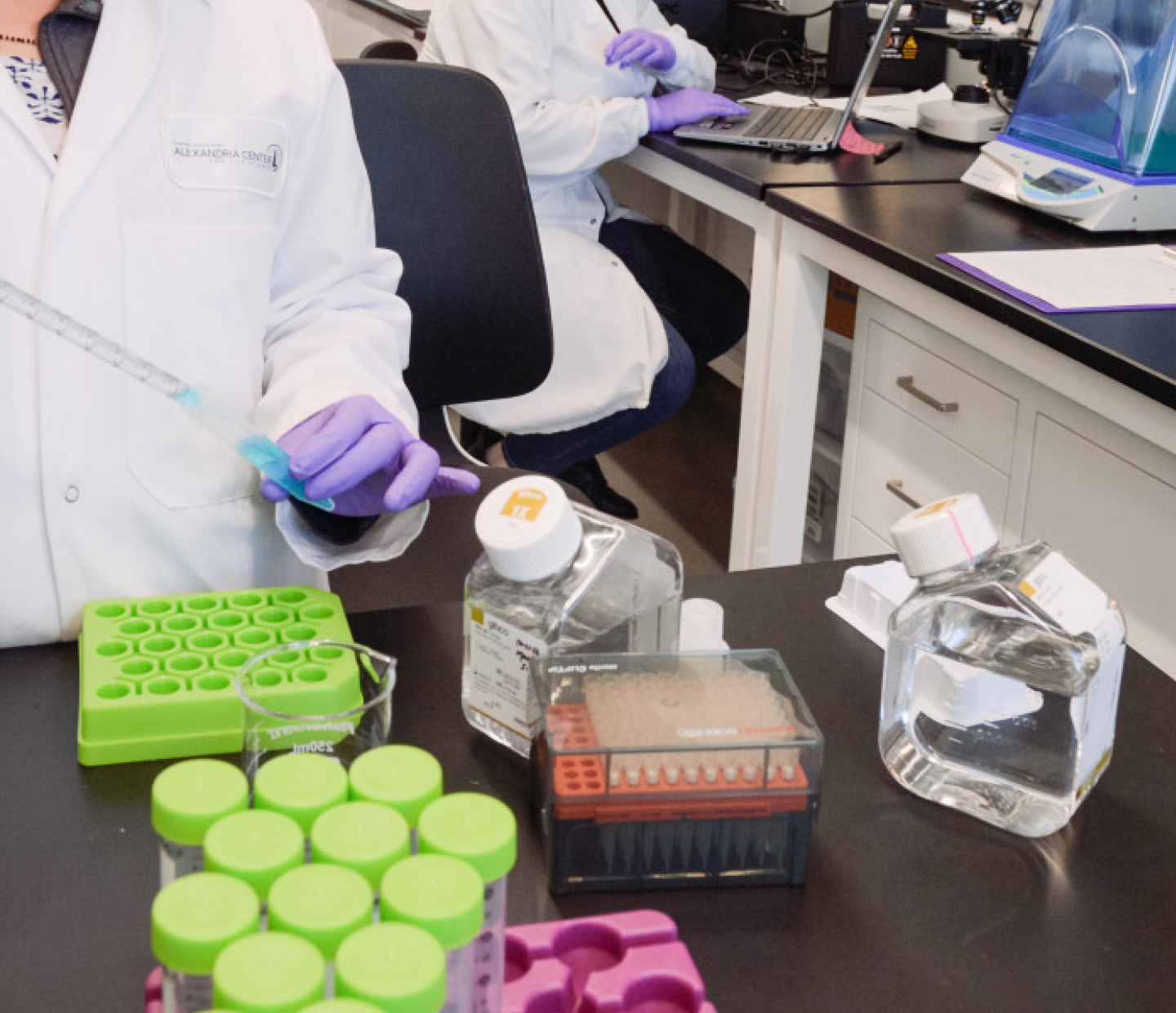Treating chronic inflammatory disease through IL-18 inhibition.
IL-18 Fusion Protein
IL-18 binding protein (IL-18BP) is a naturally occurring inhibitor of IL-18. EVO301 is a serum albumin Fab-associated (SAFA) IL-18BP fusion protein designed to neutralize upregulated IL-18 activity, which is seen in various inflammatory and autoimmune diseases.
Targeting IL-18 with a smaller, serum albumin-binding IL-18BP fusion protein has the potential to be a best-in-class treatment for many inflammatory diseases by inhibiting IL-18’s pro-inflammatory activity. Using native human IL-18BP reduces immunogenic potential compared to traditional monoclonal antibodies. Additionally, the serum albumin-binding fusion protein may allow more effective distribution to inflamed tissues than normal, larger sized monoclonal antibodies.
Elevated IL-18 cytokine expression is associated with the pathogenesis of multiple inflammatory diseases.

- Atopic Dermatitis: Atopic Dermatitis is a chronic inflammatory skin disorder that affects approximately 40 million adults and 18 million children in the United States, Europe, Japan, and the United Kingdom, 40 percent of which have moderate-to-severe disease. Atopic dermatitis, which expresses elevated levels of IL-18, is characterized by abnormalities in immune regulation and skin barrier function. The disease typically manifests with itchy eczematous skin lesions. The disease has a significant impact on the patients’ quality of life including sleep, self-esteem, interpersonal relationships, and participation in school or work.